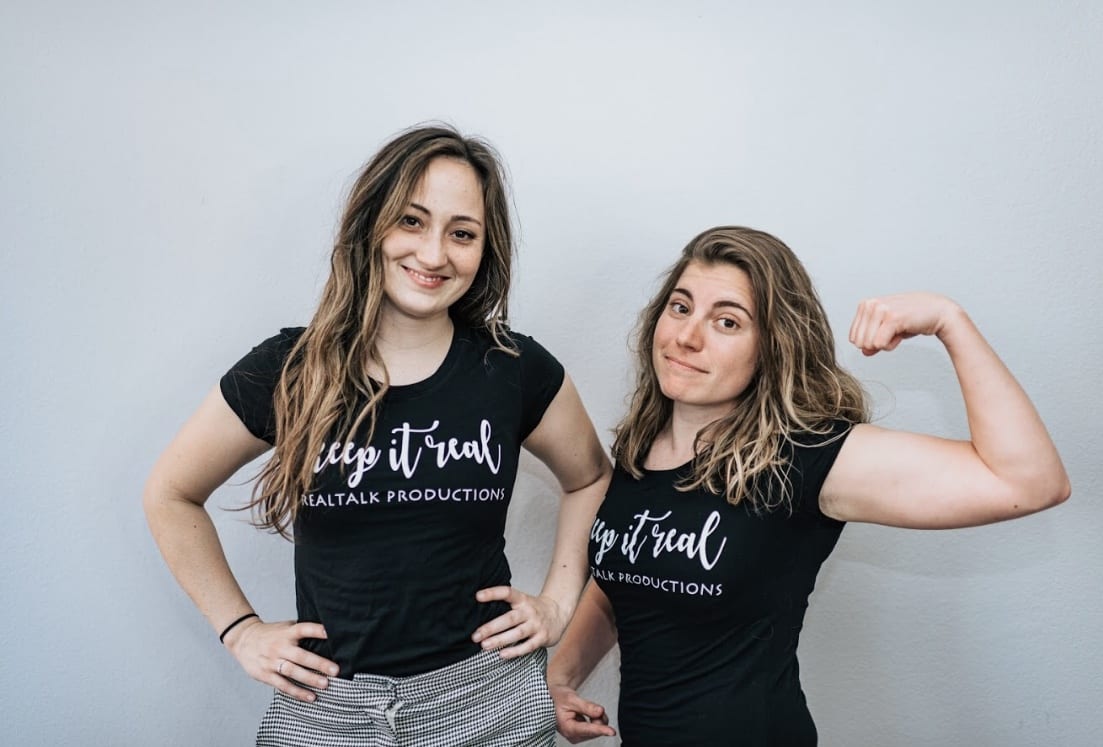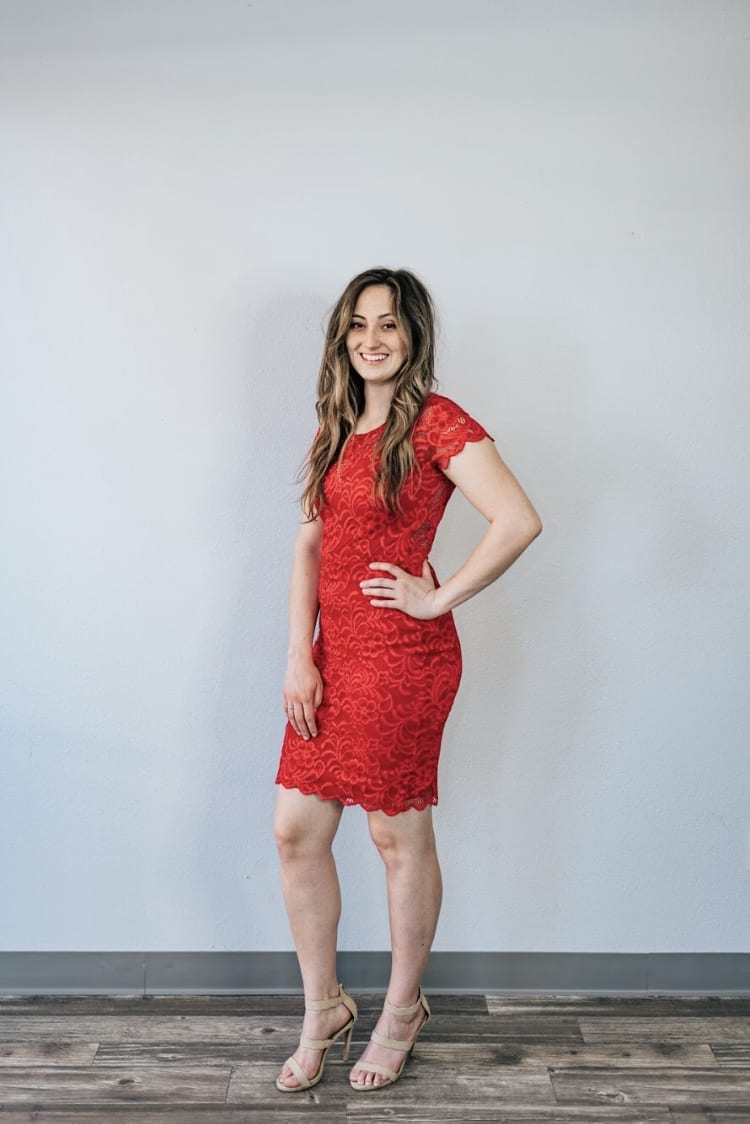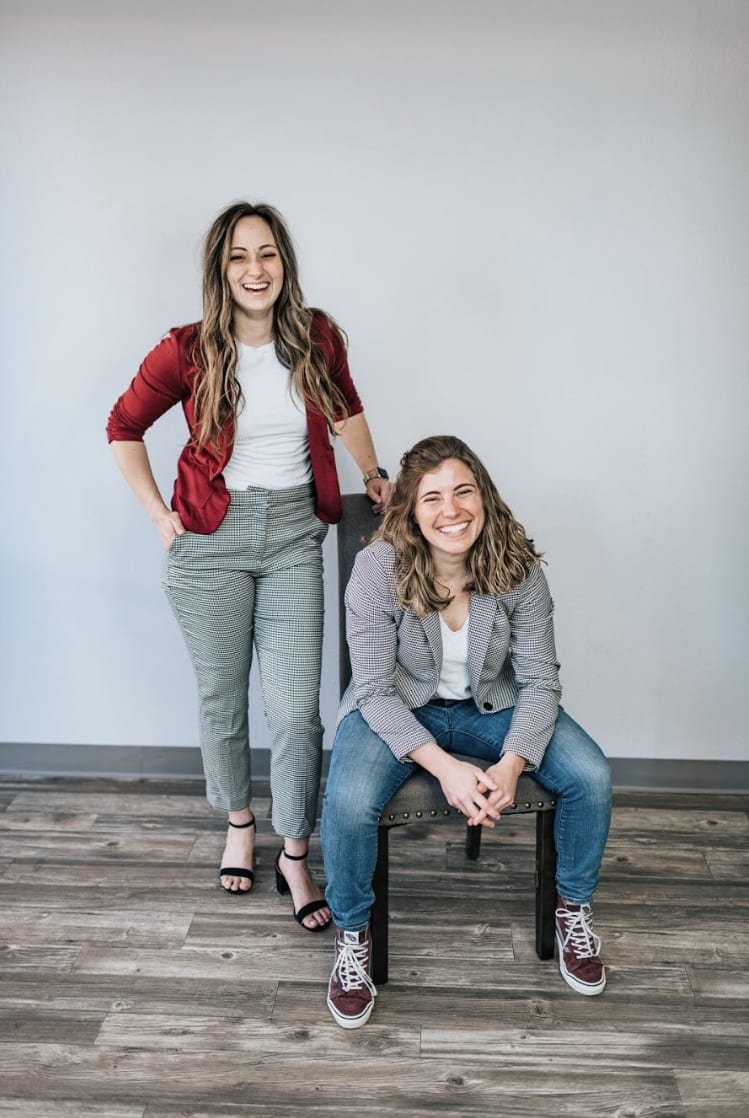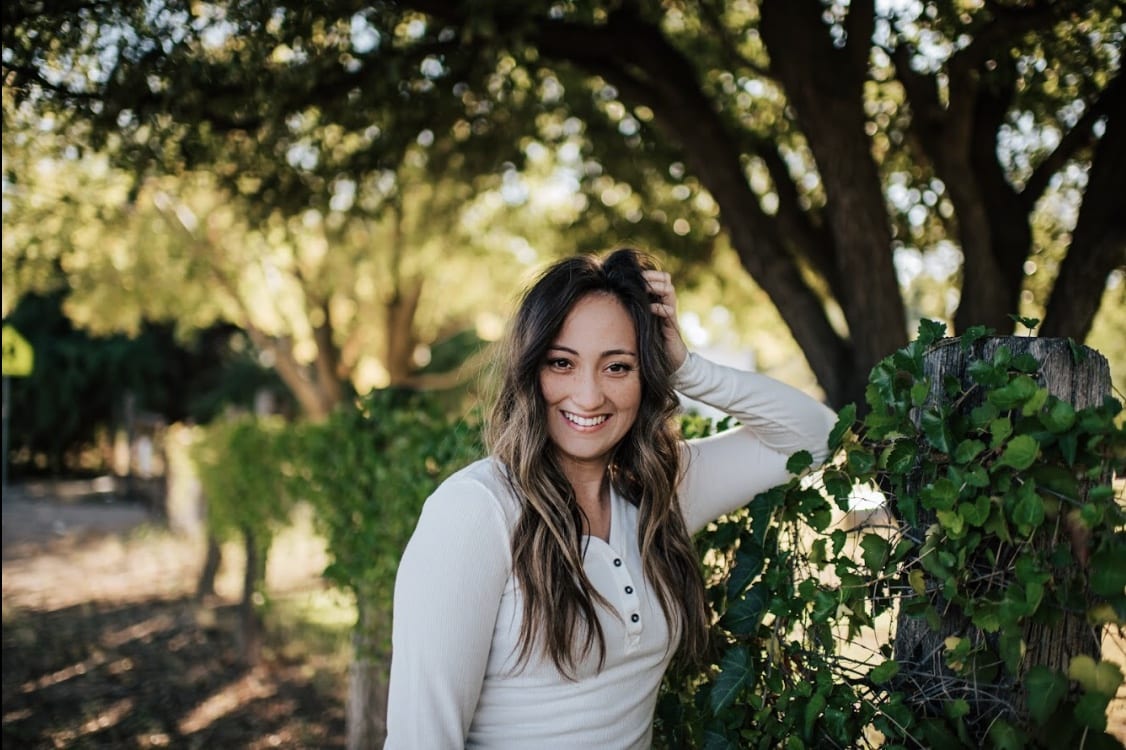Meet Emma of RealTalk Productions

About a year ago, I started a company whose goal was to help women learn how to challenge toxic elements of their relationship with themselves and with other women. It was about a year and a half of writing, interviewing, and building before the launch in January of 2019.
As I studied and gathered information and stories about wounded warrior women, it became very clear to me how many different narratives were out there that no one would ever hear. What was even more frustrating was the realization that the reason these stories wouldn’t get told was not just because people were afraid to tell them, but because the right platform either didn’t exist or was not accessible to an “every-day” person. As soon as I started publishing content, the response was somewhat overwhelming: women were coming out of every corner of my life wanting to be a part of the project, and even more were coming forward simply to thank me for putting this particular brand of content out into the world.
It was a very short two months after the launch that I started to feel claustrophobic because the platform I had created was not wide enough to fit everyone who needed it. Even my own ideas and soapboxes were starting to outgrow the original mission statement. I needed to regroup. So I put the project on hold, and started a different one. It was a dating podcast – just something to help me use my creative energy and endless opinions, while simply entertaining myself and whoever wanted to listen. My co-host and I had the show up and running in four days. Four months later, we were once again outgrowing the original idea.
We decided to make the podcast an official company, but I had learned from my previous experience, and I saw an opportunity. So, we created a brand called RealTalk Productions. And let me tell you, I had plans for this platform.
There have definitely been struggles. Anything worth doing is going to have resistance – that’s how you know it’s important. There was no format for this platform for us to copy or learn from – it literally didn’t exist. We were not only building from the ground up with virtually zero dollars or resources, but we were totally making up the blueprint as we went. This also meant that it was almost impossible to know not only how to make it financially sustainable so that it could support itself. Our business model and general format changed close to a dozen times – including after our launch.
But let me tell you something. There is almost NOTHING that a solid community cannot get you through. If you have the right people around you – people who are informed, passionate, and aware of your weaknesses, and whose strengths are complementary to them – you will go not only faster, but farther. My partner, Alyssa Dale, and I have spent the last ten months building this brand together, and in that time, not only have we launched an immediately profitable company, but we have given voice to dozens of people, many of whom had riveting, beautiful, heartbreaking, life-changing stories that the world would never otherwise even know about. Our team of two has multiplied into a substantial community of creators, entrepreneurs, and HUMANS – people who have joined the family simply because they had something to say. This community is a pool of resources and supporters that are willing and wanting to work together to create something that is bigger and more important than any of our individual fears, weaknesses, insecurities, or contributions.
By the time we launched, we had somewhat of an understanding of what we really were – what the need was from the world. Now, if you ask me, I will tell you that RealTalk Productions is a multi-media network and branding company. We create and produce podcasts, blogs, vlogs, etc. for people who have a message to share, but need a platform and a creative team to help that message be heard. We help small businesses who truly have a passion for the service they are offering, but are unsure how to communicate that passion to their demographic and client base through their branding and content. We offer a scholarship program to people who have a particularly gripping, poignant story that we feel would be a valuable contribution to the world, but who don’t have the means or opportunity to get it out there. We produce and host classes, conferences, retreats, and other events that span a wide variety of topics from using interior design in creating a functional space to education and the skill of “learning how to learn” to mental and emotional help or self development. We involve other local artisans and entrepreneurs whenever we possibly can, and we give a stage to as many voices as we can find.
This is a hard question. There are so many ways to measure success, and even more ways to measure failure. There are obviously quantitative ways to assess whether or not you (or your business) is successful, but you’ll never run out of numbers. The number can always get higher, which makes “success” almost impossible. A notch in the yardstick or a number on the scale that at one point felt like the ultimate sign of success could possibly only feel like a failure by the time you get there (or shortly thereafter) because there’s still so many numbers left. I think I have come to understand success as based on two main components: 1) The influence that a project or person has on other people – mot the number of people influenced, but the type of change that is encouraged and the quality of life that is created as a direct result of the influence, and 2) How fulfilled I feel as a result of the effort. Fulfillment is affected by whether the goal is obtained or the project ends up being a total failure, but the grade at the end of the assignment is only part of the experience. Arguably, even the smallest part. Fulfillment is almost as available in failure to meet a goal as it is in achieving it, because fulfillment really comes from the work itself. Did I enjoy the process? Did I find excitement in solving problems? Did it challenge me? Did I use my strengths? Did I strengthen my weaknesses? Did I learn something about myself, the people around me, the nature of the work, or humanity itself? Did I feel productive and did the work feel important? Did I feel like a valuable part of the project? Success is relative, because it only exists in the thing you want most. If the number was the thing I wanted most, then that is the only thing that would ever feel like a success to me, and that victory would probably end up feeling a little flatter and emptier than I’d hoped. The number is always important – there’s no denying the high that comes from hitting the right number. But it is pretty much never the thing I want most. And if it is, then I would probably end up depriving myself of all the other things that could have been part of the experience as a whole, or at the very least not be able to fully appreciate them. And that’s a pretty good sign that I’m in it for the wrong reasons.





